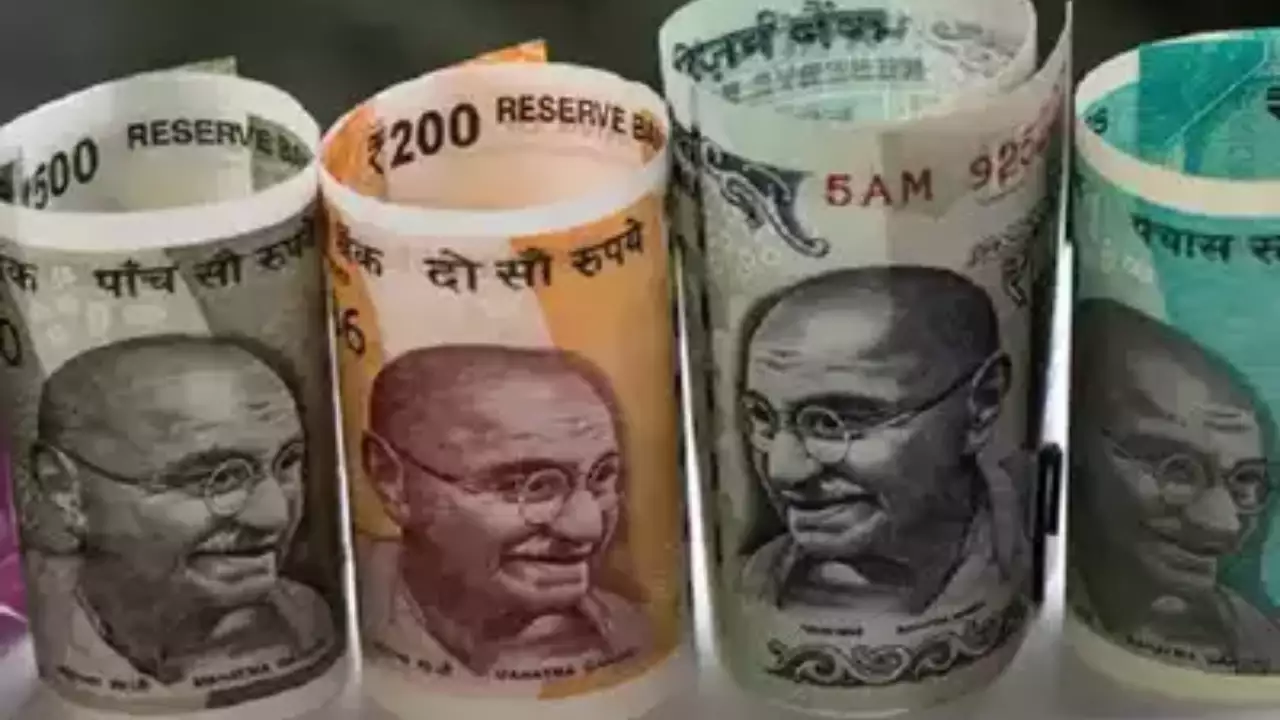Rupee eyes breathing room as dollar softens, US bond yields dip

The 1-month non-deliverable forward indicated that the rupee will open at 84.43-84.44 to the dollar, compared with its close of 84.4525 in the previous session.
The rupee is expected to see mostly rangebound trading, pressured by portfolio outflows on the one side and stern central bank defence of the currency on the other, traders said.
The Reserve Bank of India has routinely intervened to limit the rupee's losses to near 84.50.
It's "quite likely that it (USD/INR) settles into an 84.35-84.50 range in the near term," a trader at a private bank said, adding that as and when the central bank allowed further weakness, 84.70 would be the key level to watch.
The dollar index dropped 0.7% on Wednesday and was little changed at 106.17 in Asia trading.
A stronger euro, following hawkish remarks from a European Central Bank policymaker, and gains in the Japanese yen spurred growing bets Japan could hike interest rates in December that, alongside lower U.S bond yields, weighed on the dollar.
Treasury yields retreated, with the 10-year yield dipping to a four-week low of 4.22%, after U.S. personal consumption expenditure (PCE) data came in along expected lines.
The economic cues imply "that the Fed cuts in December, but the FOMC may likely communicate a slower pace of easing in 2025 in part to account for the new Trump administration's policy priorities," MUFG Bank said in a note.
President-elect Donald Trump has vowed to impose tariffs on the United States' three largest trading partners -- China, Canada and Mexico -- and has proposed other policies that analysts reckon could put upward pressure on U.S. inflation.

